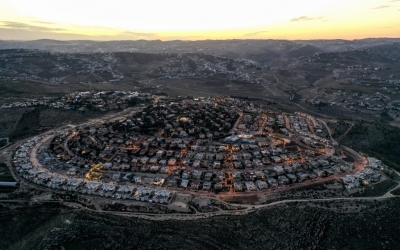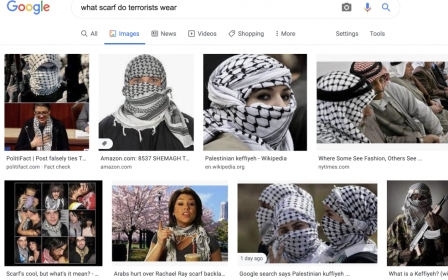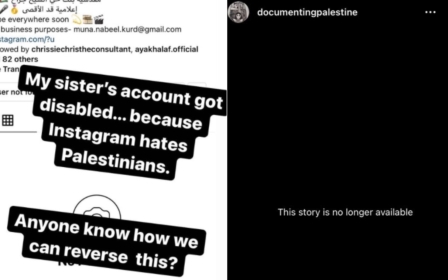Instagram changes algorithm amid claims of anti-Palestinian bias

Facebook-owned Instagram is changing the way its algorithm highlights user content following widespread accusations that the social media giant was purposefully suppressing Palestinian voices.
The company, which has denied ever targeting Palestinian activists, has said the new algorithm no longer differentiates between original content and re-shared posts that users choose for its "stories" feature.
Since the start of the recent protest movement against Israel's forced evictions of Palestinian families in occupied East Jerusalem, pro-Palestinian activists and influencers have complained that Instagram and other social media platforms were censoring content meant to spread awareness for the cause.
Instagram first said the issues that were being reported were due to a "a widespread global technical issue not related to any particular topic", reporting hours later that the problem had been sorted.
"We've now fixed this issue. It impacted many Stories containing re-shared posts created yesterday and early this morning, plus Highlights + Archive more broadly. We're sorry to all impacted, especially those raising awareness for important causes globally," the company said at the time.
In its recent statement, however, Instagram said it was a company policy, not a glitch, that stopped content such as pro-Palestine posts from having a wide social reach.
A spokesperson with Instagram told the BBC that its original content-favouring algorithm had a "bigger impact than expected" on some types of post, but stressed that the outcome was an unintended side-effect of its policy rather than an attempt to censor activists.
"People... believe we were suppressing stories about particular topics or points of view. We want to be really clear - this isn't the case," the spokeswoman said.
"This applied to any post that [was] re-shared in stories, no matter what it's about," she continued, adding that the fix was not solely a reaction to the recent controversy because the company had been working on the problem for some time.
Ongoing accusations
While Instagram tackles issues regarding how far a particular post might be shared, the issue of posts being taken down and accounts being suspended remains.
Middle East Eye reached out to Instagram to ask about such accusations but did not receive a response by the time of this article's publication.
Earlier this month, hundreds of people shared screenshots of their suspended accounts and blank screens after they had shared posts related to the forced evictions of Palestinian families in Sheikh Jarrah.
MEE spoke to several activists at the time, who said Instagram and other platforms, such as Facebook and TikTok, were pushing a systematic effort to pursue and remove Palestinian content, with the aim of silencing the voices of Palestinians.
When Israeli began bombarding the Gaza Strip during an 11-day air strike campaign that followed the upheaval in East Jerusalem, activists alleged that the issue of censorship got even worse.
US Representative Rashida Tlaib, the first Palestinian American woman ever elected to Congress, wrote a letter to the social media giants last week asking them "to cease censorship and ensure Palestinian voices are heard".
The congresswoman cited a report released a few weeks ago by 7amleh, a nonprofit that focuses on Palestinians' digital rights, which highlighted more than 500 incidents in which Palestinian political speech had been censored during the recent upheaval that took place in Israel and the occupied Palestinian territories this month.
Tlaib accused the platforms of deleting posts and accounts as well as restricting the outreach of pro-Palestinian content and hiding activists' hashtags.
Days later, the company incurred further criticism, as it was discovered that companies were being allowed to advertise the sale of property in illegal Israeli settlements on Instagram.
Middle East Eye delivers independent and unrivalled coverage and analysis of the Middle East, North Africa and beyond. To learn more about republishing this content and the associated fees, please fill out this form. More about MEE can be found here.





